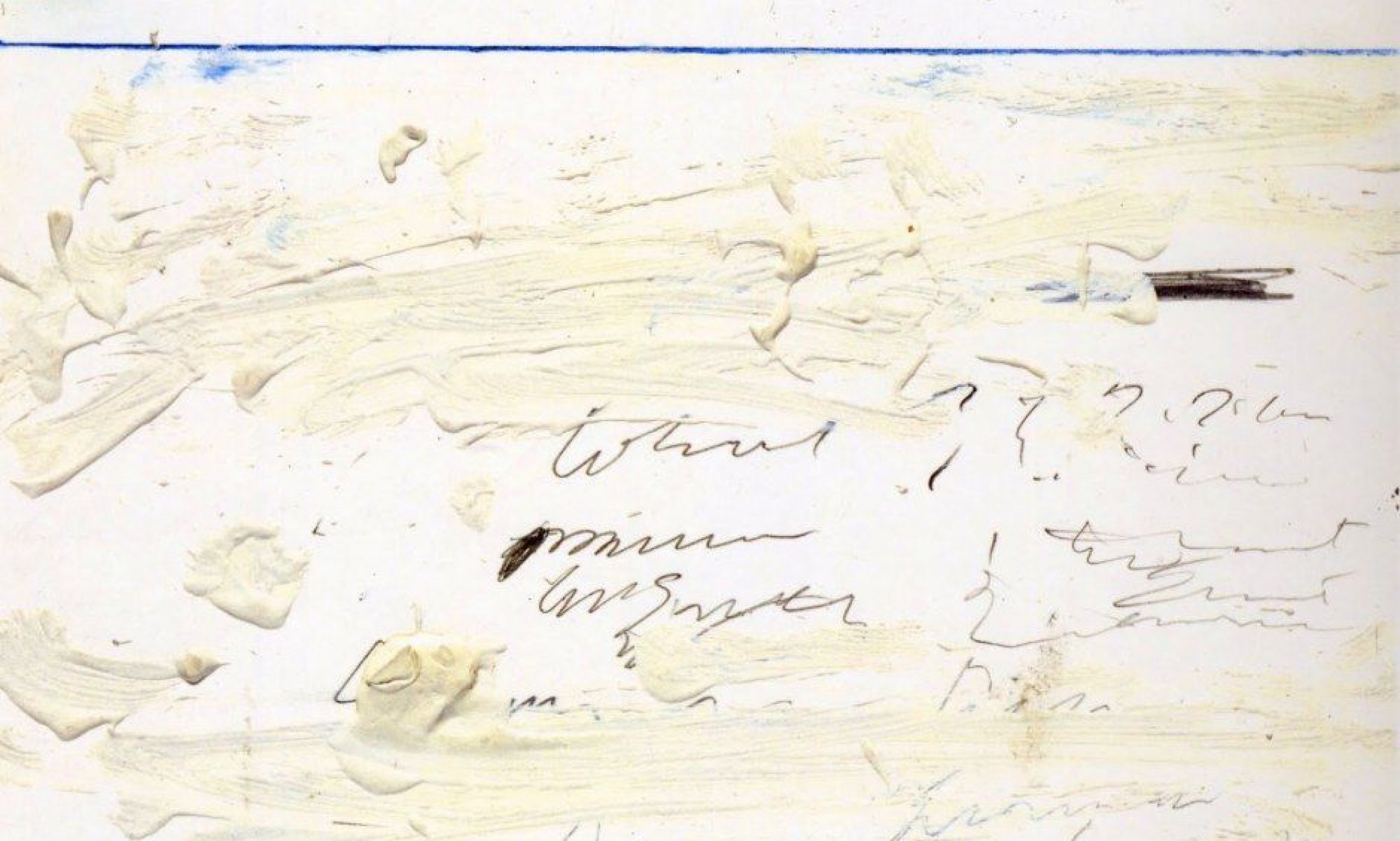Hello everybody, first off, please take a moment to vote for the poem we most didn’t read, from those assigned so far—the one you really wanted to get to, but we never got to. That will be the basis of our discussion on Monday. You can vote here.
Emotional, affect-laden
Contextual (that is, it inhabits or implies a situation or a circumstance)
Embodied and/or voiced, with the mix of intention and accident that characterized all human activity
Rhythmic (in that sense of rhythm we encountered with Blasing and Abraham, rhythm as intentionalizing)
Intersubjective (voiced by characters, reflecting multiple vantages, responsive to social situations etc.)
Intentional (in its rhythm and other qualities, it inclines us to attribute interpretive intention to the performer, related to but distinguishable from the intention inscribed in the original text)
However: Sam urged us to think again about whether the mere “happening” of Siri’s voice shouldn’t be construed as a performance; aren’t their contexts in which we could receive it that was, e.g. as experimental art? Sydney gave us an interesting argument: that because each iteration of the Siri-reading must be different (because of different ambient coincidences, different hearers etc), we cannot simply treat it as neutral repetition.
Somewhere behind the discussion was Sayre’s basic distinction between the performance of x (e.g. a reading of a text) and performance itself, the happening, which need not have an original text behind it. Because we are concerned with performances of poetic texts, that first category—in which the performance is also an interpretation—is of greatest interest to us. But that idea of performance as “the eruption of the outside into the work” (Sayre 96) ought to stay with us. On that account, a performance is to be understood not in its fidelity to the text, but in its deviation; and the purest performance may have no text at all, only a set of conventions to disrupt.
OK: Othello! Zoe (in spite of not really being on deck today; thank you!) brought us into Othello’s great soliloquy of his adventurous career, and Cassy and others observed its rhetorical patterning—an instance of Othello commanding some of poetry’s formal powers to persuade an audience. A performance in the most traditional sense. Sydney asked us to think about Brabantio’s performed acquiescence to the Duke’s sanction of his daughter’s marriage—a passage where both he and the Duke break into rhymed couplets, another formal expression of poetic power that serves very different purposes for the two speakers, ritual consolidation for the Duke, bitter, satirical resignation for Brabantio. Avaneque had us listen to the ways in which metaphors travel across speakers in the play, especially animal metaphors; we wondered, are those sorts of interpretive patterns native to the play’s poetry, or might they be (or be made) dramatic, and if so how? Finally Jiwon pointed out the complexities of Desdemona’s performance of her own authority at the moment when she insists on accompanying Othello to Cyprus. Each instance could be read as a kind of contest between poetry (as an interpretable patterning that solicits rereading) and drama (as a real-time, narratively propulsive situation). Sometimes poetry seemed to get the better of drama, sometimes the reverse, but throughout the scene you can feel each reaching for the special resources of the other.
In my notes here and in class I have been freely interchanging “performance” and “drama”; maybe that’s a distinction we can sort out with Nathan Davis’s help next Wednesday. I have also tacitly been using a definition of poetry that is closest to what we call lyric, and that is a topic for the class after the break.
We finished with a swift reading of Elizabeth Bishop’s “Casabianca,” a poem that seemed to take Felicia Hemans’ imperialist tear-jerker and make it wonderfully complicated, difficult to speak and to read, hotly embarrassed, and private; a kind of counter-performative gesture, pulling the lyric back into the space of close reading, and perhaps into the head. A refusal of performance. Is it entirely successful, we might ask? Can we ever altogether escape performance?
